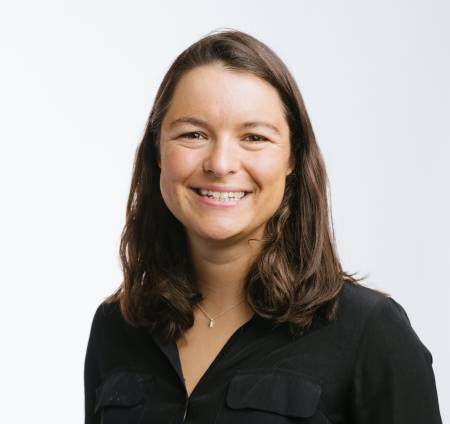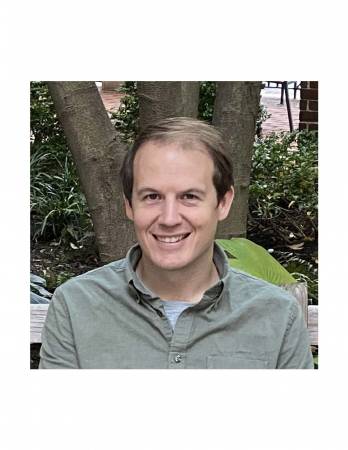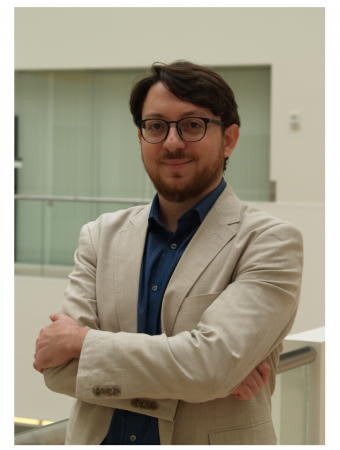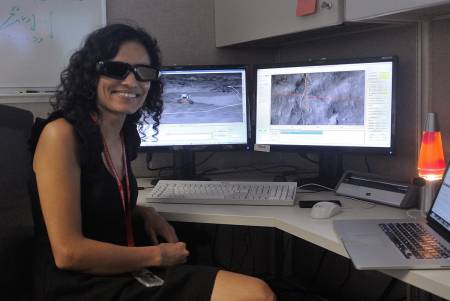RI Seminar
Robots Should Reduce, Reuse, and Recycle
Abstract: Despite numerous successes in deep robotic learning over the past decade, the generalization and versatility of robots across environments and tasks has remained a major challenge. This is because much of reinforcement and imitation learning research trains agents from scratch in a single or a few environments, training special-purpose policies from special-purpose datasets. In [...]
Machine Learning and Model Predictive Control for Adaptive Robotic Systems
Abstract: In this talk I will discuss several different ways in which ideas from machine learning and model predictive control (MPC) can be combined to build intelligent, adaptive robotic systems. I’ll begin by showing how to learn models for MPC that perform well on a given control task. Next, I’ll introduce an online learning perspective on [...]
Learning Representations for Interactive Robotics
In this talk, I will be discussing the role of learning representations for robots that interact with humans and robots that interactively learn from humans through a few different vignettes. I will first discuss how bounded rationality of humans guided us towards developing learned latent action spaces for shared autonomy. It turns out this “bounded rationality” is not a [...]
Motion Planning Around Obstacles with Graphs of Convex Sets
Abstract: In this talk, I'll describe a new approach to planning that strongly leverages both continuous and discrete/combinatorial optimization. The framework is fairly general, but I will focus on a particular application of the framework to planning continuous curves around obstacles. Traditionally, these sort of motion planning problems have either been solved by trajectory optimization [...]
RE2 Robotics: from RI spinout to Acquisition
Abstract: It was July 2001. Jorgen Pedersen founded RE2 Robotics. It was supposed to be a temporary venture while he figured out his next career move. But the journey took an unexpected course. RE2 became a leading developer of mobile manipulation systems. Fast forward to 2022, RE2 Robotics exited via an acquisition to Sarcos Technology and [...]
Understanding the Physical World from Images
If I show you a photo of a place you have never been to, you can easily imagine what you could do in that picture. Your understanding goes from the surfaces you see to the ones you know are there but cannot see, and can even include reasoning about how interaction would change the scene. [...]
A Constructivist’s Guide to Robot Learning
Over the last decade, a variety of paradigms have sought to teach robots complex and dexterous behaviors in real-world environments. On one end of the spectrum we have nativist approaches that bake in fundamental human knowledge through physics models, simulators and knowledge graphs. While on the other end of the spectrum we have tabula-rasa approaches [...]
Next-Generation Robot Perception: Hierarchical Representations, Certifiable Algorithms, and Self-Supervised Learning
Spatial perception —the robot’s ability to sense and understand the surrounding environment— is a key enabler for robot navigation, manipulation, and human-robot interaction. Recent advances in perception algorithms and systems have enabled robots to create large-scale geometric maps of unknown environments and detect objects of interest. Despite these advances, a large gap still separates robot [...]
Structures and Environments for Generalist Agents
Abstract: We are entering an era of highly general AI, enabled by supervised models of the Internet. However, it remains an open question how intelligence emerged in the first place, before there was an Internet to imitate. Understanding the emergence of skillful behavior, without expert data to imitate, has been a longstanding goal of reinforcement [...]
Mars Robots and Robotics at NASA JPL
Abstract: In this seminar I’ll discuss Mars robots, the unprecedented results we’re seeing with the latest Mars mission, and how we got here. Perseverance’s manipulation and sampling systems have collected samples from unique locations at twice the rate of any prior mission. 88% of all driving has been autonomous. This has enabled the mission to [...]









